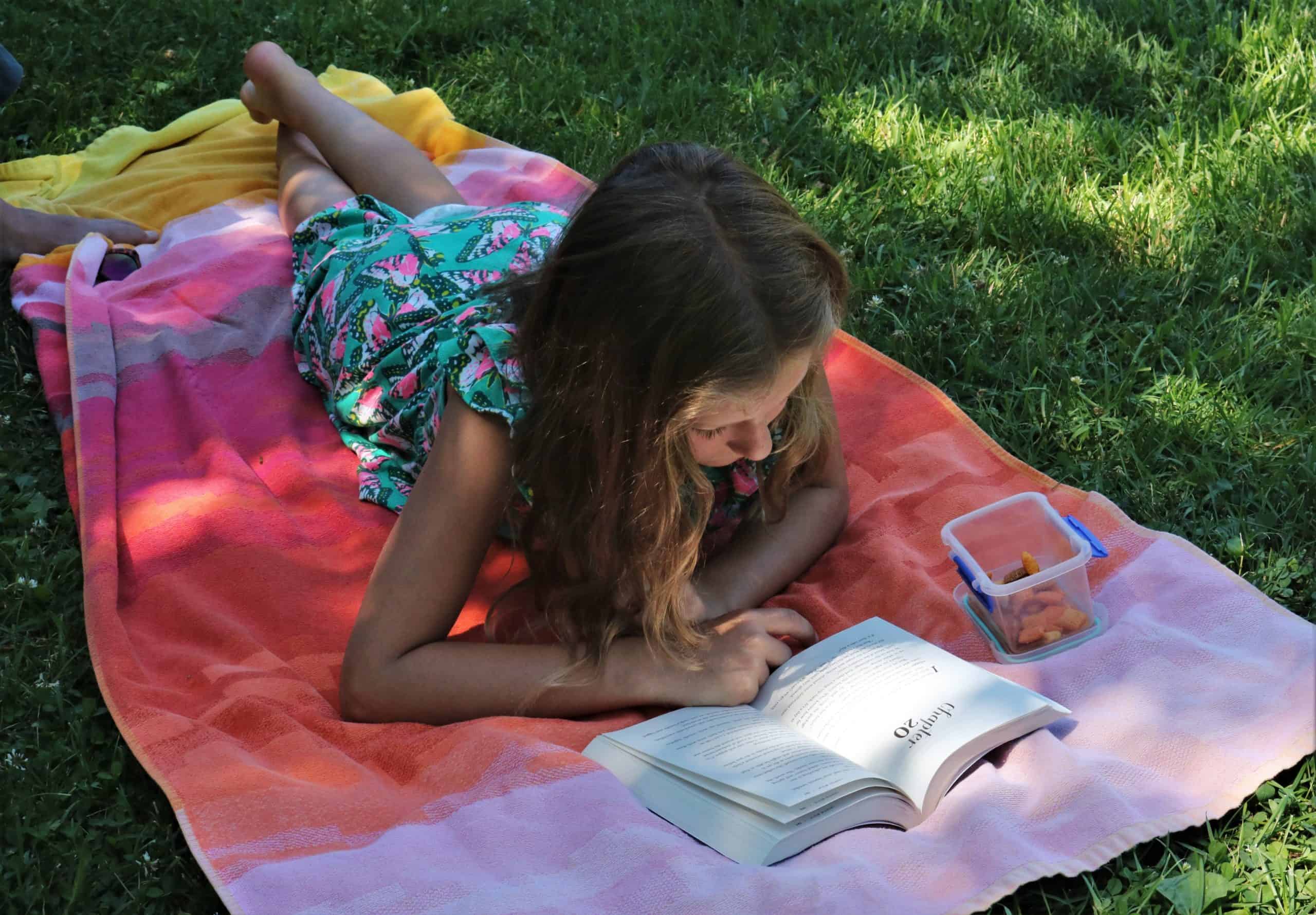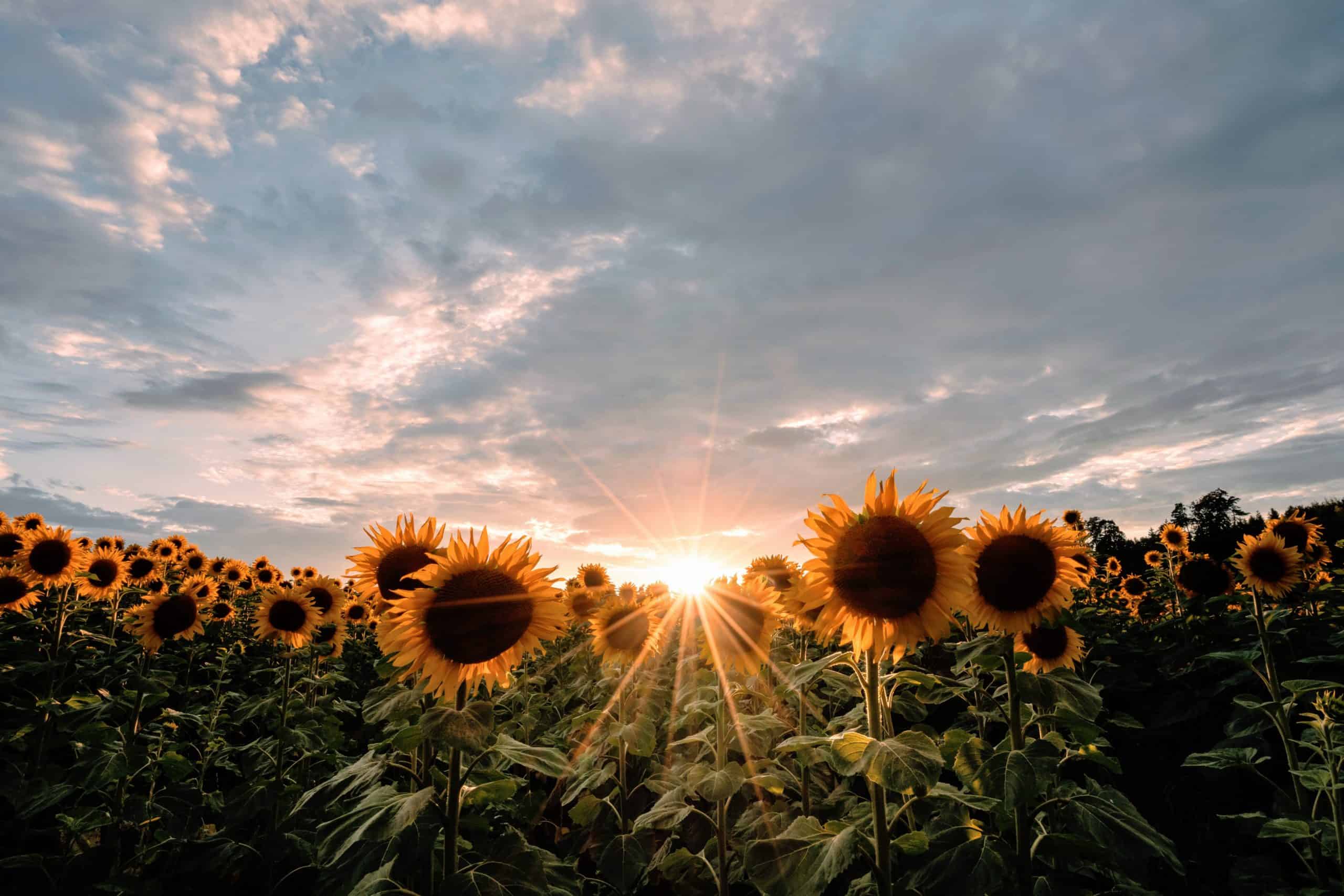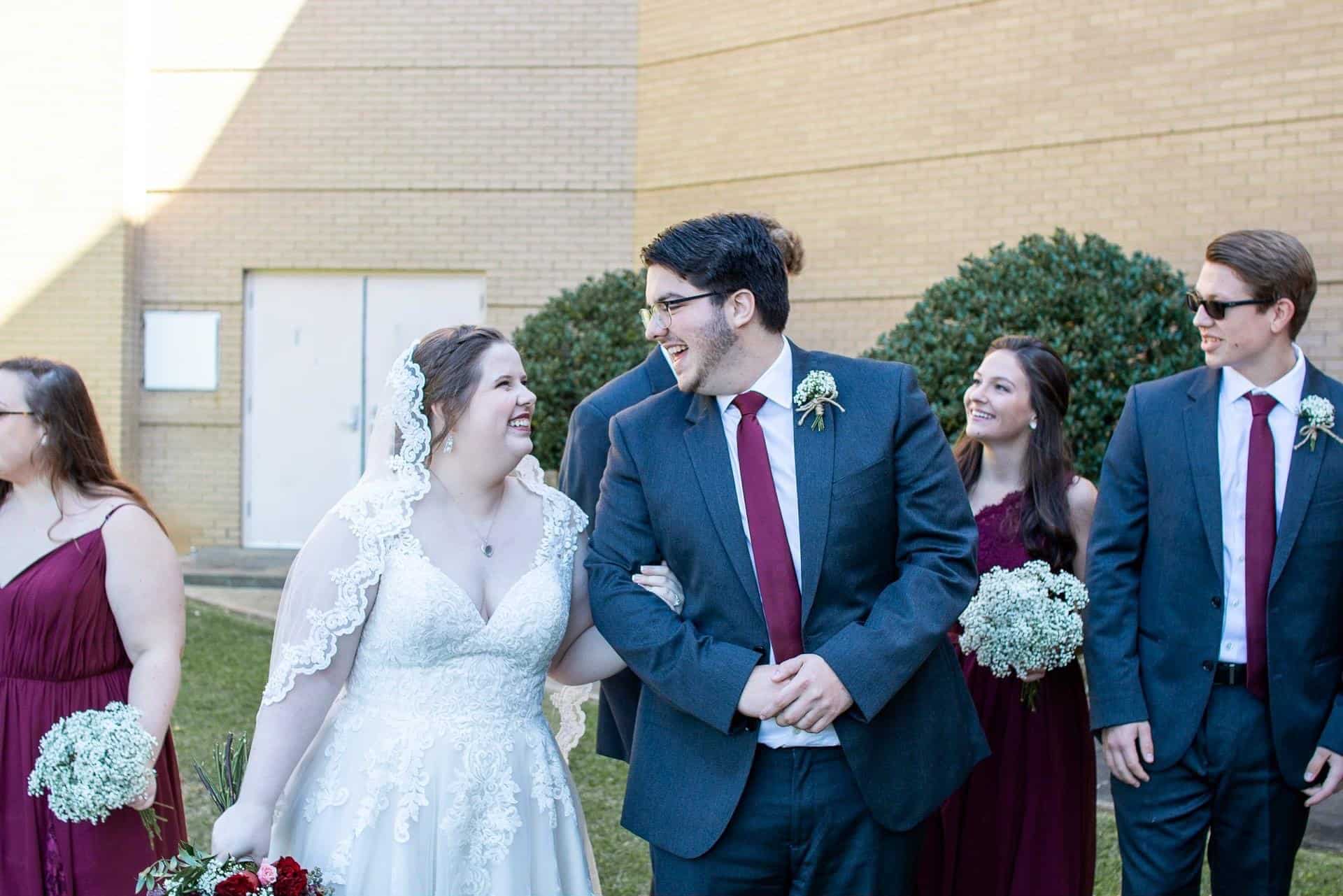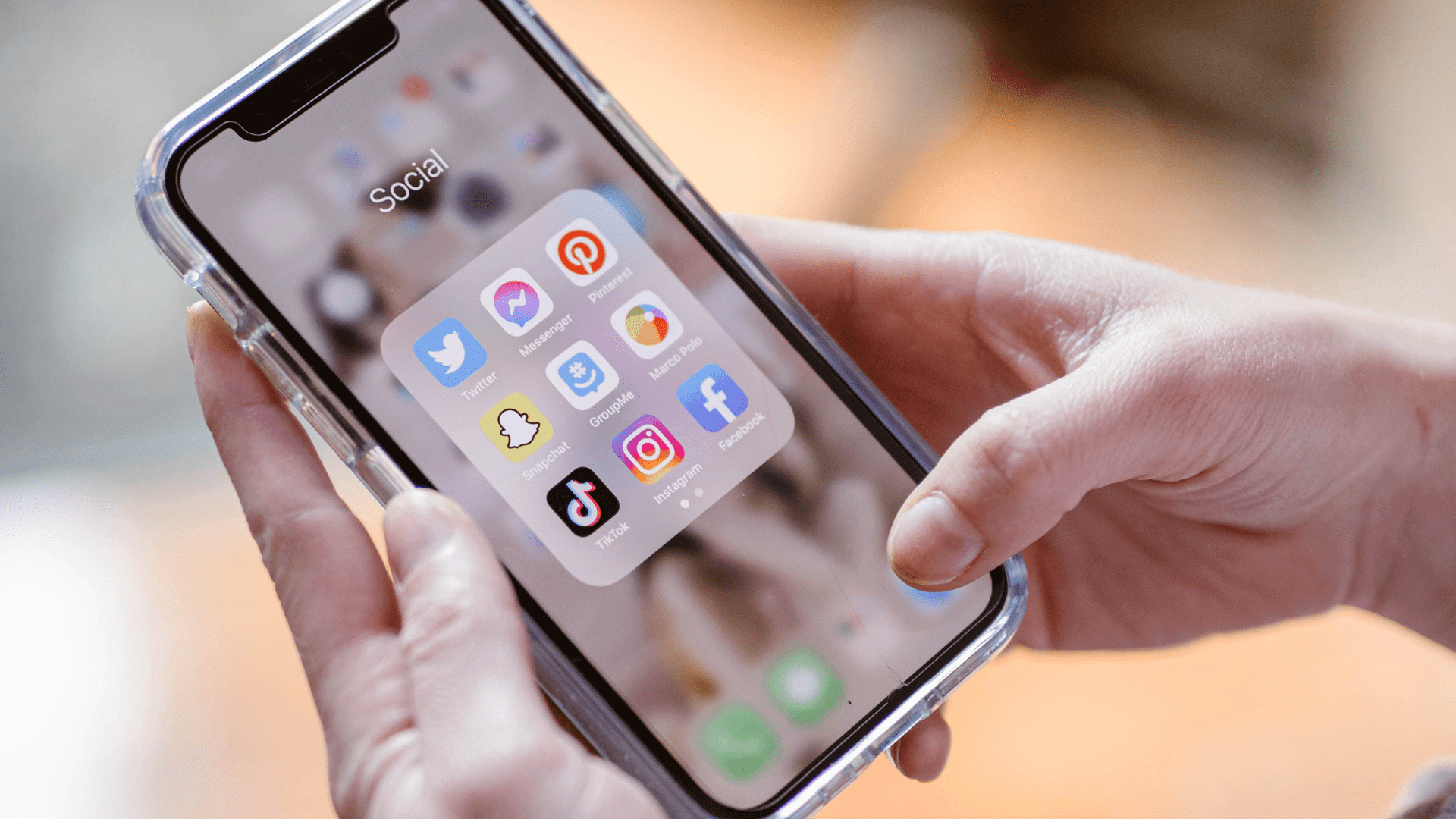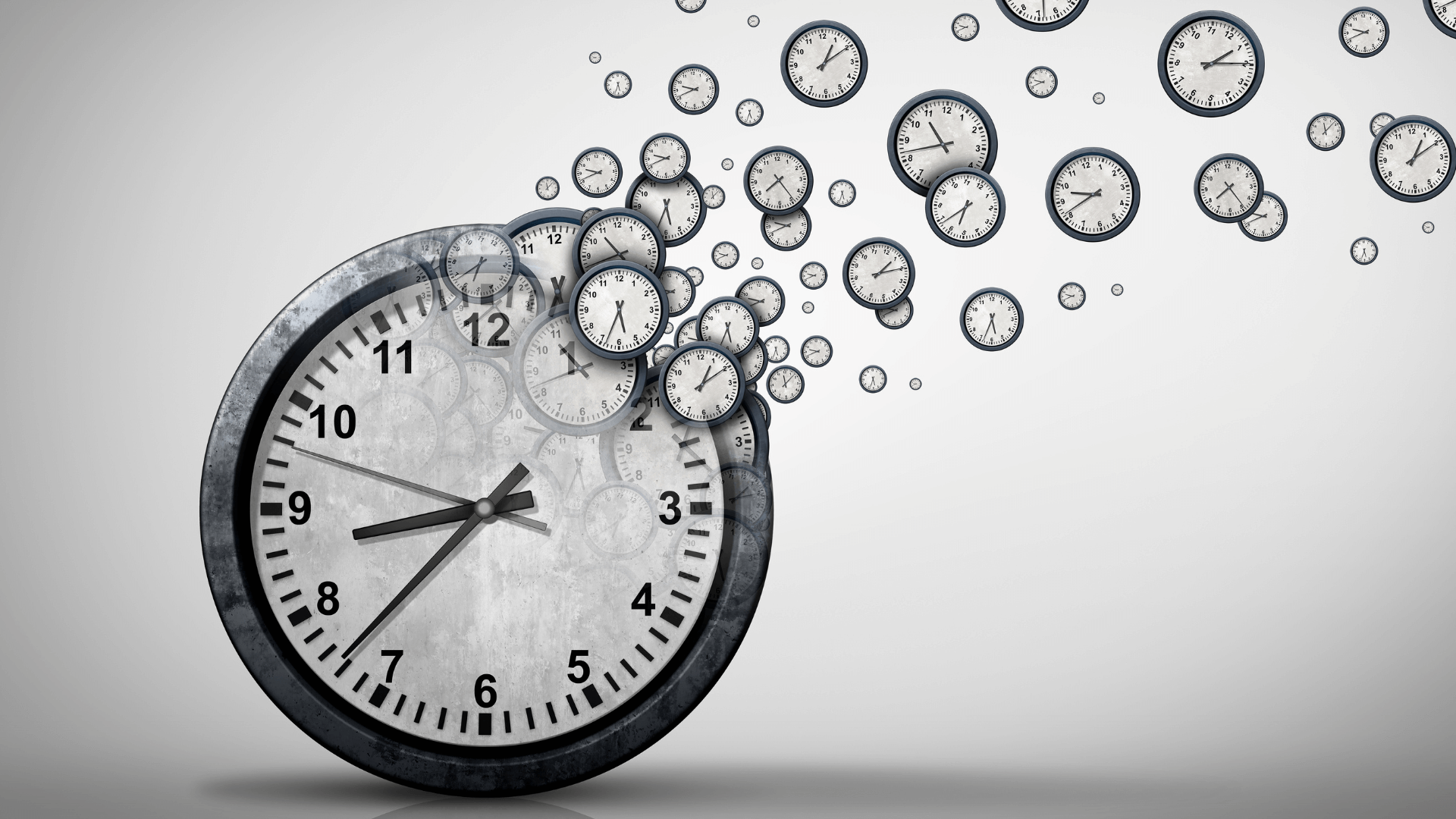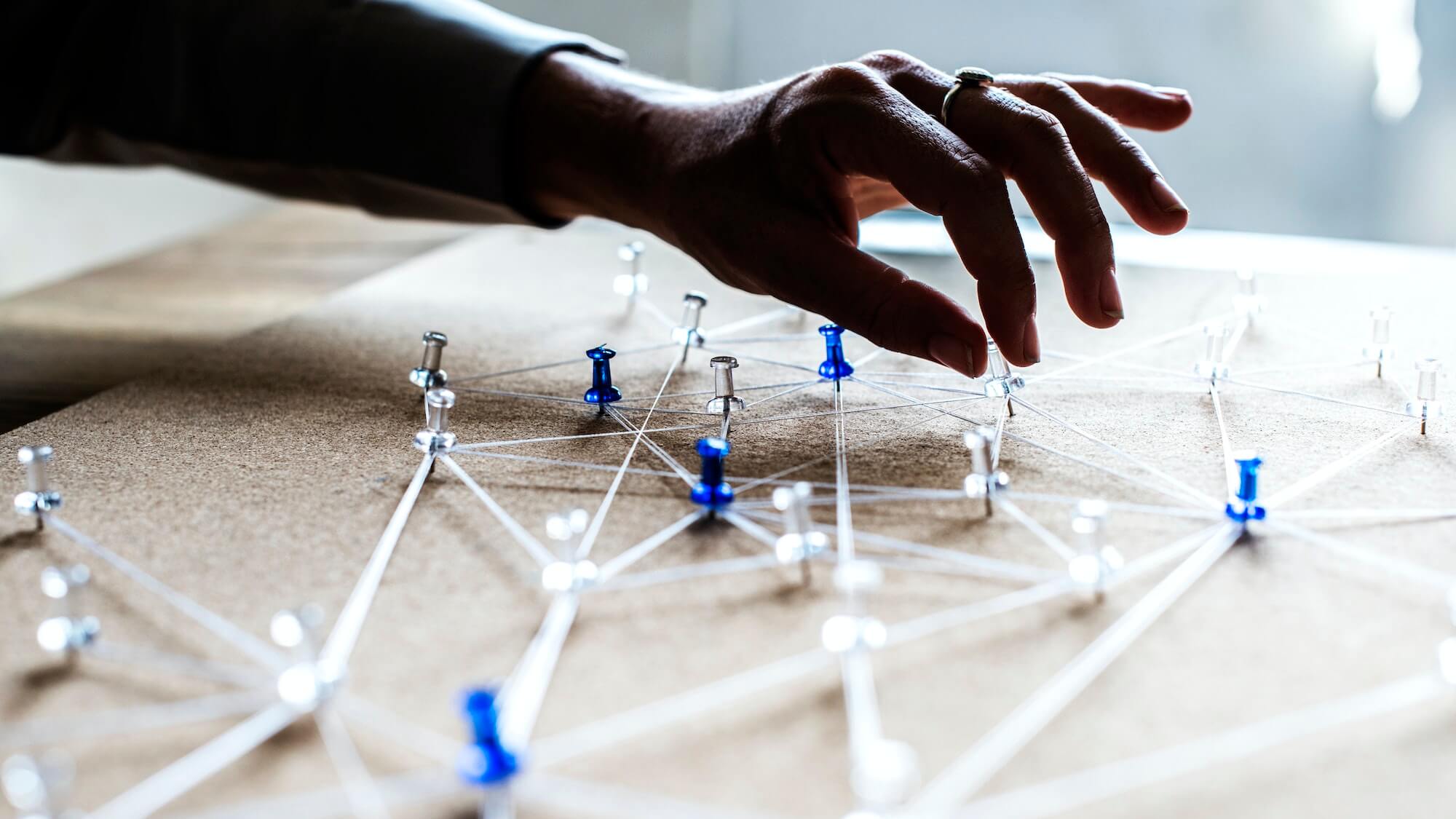This article was written by Noah Probst, a campus missionary at the University of Southern Mississippi through Cru. Click here, if you’d like to learn more about Noah and his wife Lydia or donate to their ministry.
Have you ever felt like you do not belong? That is a feeling I felt a lot during my childhood in multiple contexts. I felt it when I could not seem to fit in the “cool crowd” at school. I did not always feel at home with my high school track team, though my peers and coaches were very friendly.
Sometimes, I even felt out of place at church, sitting with all those other kids who seemed to have their lives together, feeling like the only one with a messy, confusing, out of control life. That feeling has not gone away. It is something I have felt off and on throughout my entire life. But now, it manifests itself very differently. I have known for a while that my experience growing up in a white-Asian household is unique.
In fact, though there are more biracial and multiracial people now than ever, a 2015 study by the Pew Research Center (PRC) shows the estimated multiracial population in the U.S. to be around 6.9%, taking into account 1.4% who picked two or more races for themselves, 2.9% that chose one race for themselves but said at least one parent was of a different race or multiracial, and 2.6% were counted as multiracial because they had at least one grandparent of a different race than them or their parents.
Off the top of my head, I can only think of 2 or 3 people outside of my family I know to be biracial or multiracial. If I stop and think about it more intensively, I am not convinced I will manage to think of more than ten.
Though my high school and college specifically had very diverse student bodies, most people of color (POC) I met still identified with only one race; and I had yet to meet anybody until just this past year who is, like me, biracial and passing as white.
Why This Matters
So why does that matter? Until the summer of 2020, I had no idea. Over this past year and some change, I have had the opportunity to explore my ethnic identity along with some great friends also doing vocational ministry.
This being a group of POC from a variety of backgrounds, meeting with them on a regular basis proved to be an opportunity unlike any I have ever had to learn from and connect with POC who are also pursuing God. Unlike almost all of them though, I am biracial and pass as white.
Until just a few months ago, I was able to more fully step into my Asian identity and found I was able to build relationships with other POC more fully than before.
This was especially life-giving, as more often than not, I find I connect more easily with my POC friends, namely when it comes to difficult subjects of conversation like race, ethnicity, culture, faith, and even politics. But when some beyond disappointing news about my high school came out soon after the murders of Ahmaud Arbery, Breonna Taylor, and George Floyd, everything changed.
In summary, a white, male member of my high school’s class of 2020 posted a video of himself on Twitter sharing his thoughts about the rising racial tension in our country. Unfortunately, to put it lightly, his comments came off as very ignorant and insensitive to black people.
The situation only got worse when this video was shared on my high school’s alumni Facebook page, and one of the group’s administrators made a post prohibiting all conversation on racism and other “political issues” in that specific group.
This led to serious unrest within the group and ultimately the formation of a new group, in which the sharing of students’ challenging experiences with racism, bigotry, homophobia, etc. within the school was permitted. That was when the floodgates opened.
Students who attended the school since its founding in 1984 to the present spoke up, sharing sickening stories of teachers getting away with speaking racial slurs, students making overtly racist comments without any consequences, and sadly, much more.
These issues made my high school a very uncomfortable learning environment for many students, including but not limited to students of color; and the prohibition post made by that administrator showed no desire to learn, listen, or create meaningful change.
The climax of my experience processing these events happened when I reached out to another student assembling a resource list to help educate the school’s faculty and students on issues of race. She announced on the new Facebook page she is open to input, so I sent her a message offering my help.
She replied with a tweet by NO JUSTICE NO PEACE on Twitter that read, “If you look white, you’re white. The concept of race is based on appearance, so yeah, you’re white and you need to face that. Yes you can still be ethnically (culturally) part of a non-white culture, but you are still white; check your privilege and use it for good.”
At first, this made me mad. Firstly, I thought this was a very passive-aggressive way of sending a message. Secondly, though the writer of the tweet addressed the reality that some people are culturally part of a non-white culture, I still felt like the writer was underestimating the significance of being part of white culture as well as a non-white culture. After spending a long time thinking, feeling, and reflecting, my attitude began to change.
Realities of Being Biracial & White-Passing
There was at least one very important reality I desperately needed to address. I had to come to terms with the fact that because I look white, I have white privilege.
Because I have white privilege, I am different from my POC friends who do not pass as white, because white privilege in its simplest terms is the unearned advantage white people have over other racial groups merely because they are white. Until I began leaning into my Asian culture during the summer of 2019, I had primarily identified myself as white.
In spite of that, I had never thought in depth about what that entails for me, specifically in times of racial tension. I do not come from a wealthy background, nor do I think of myself as “privileged,” therefore it had never occurred to me that I have white privilege until recently. But I cannot deny that, unlike my black friends, I have never had to worry about a traffic stop becoming more than receiving a ticket and maybe at worst getting chewed out by a jerk cop.
Further, though I ran at night many times during my marathon training days, I never felt a need to worry about my safety then. Finally yet not conclusively, I am embarrassed over not knowing about concepts such as redlining until very recently; but again, that goes to show the reality I have lived unaffected by that or any other system that gives black people or any other people group of color a disadvantage.
That knowledge has become more than enough for me to realize my need to face my whiteness and approach conversations on racial tension with humility, knowing I have never had to face the kinds of hurt many of my black friends have, not to mention my Latino or Asian friends or any of my POC friends who do not look white and thus have experienced racism in ways I will never fully understand.
My situation is complicated, however, because I am also Asian. Thus, my experience has been very different from my friends who have all white blood and were raised in an all-white culture. I grew up in a household where anything less than a perfect score on any assignment was unacceptable. For most of my life, I was expected to follow in the footsteps of the whooping twelve medical doctors on my mother’s side of the family.
I was supposed to learn the violin or the piano and excel regardless, not learn the guitar and banjo and be named the Baldwin Banjo Band MVP during my 8th grade year. I should have been the star of the math team or Science Olympiad, not a mediocre track runner whose claim to fame in high school was still playing the banjo.
I remember being reminded on multiple occasions that ideas or dreams I had and the mere concept of “chasing my passion” were “so American.” Though I know white parents who hold similar expectations for their children, I grew up learning these things are norms for Asian families, not so much for white families.
Over this last year, I have reflected more intentionally on the influence of Asian culture in my life and grown a far greater appreciation for how God used it to make me who I am today. I cannot stress enough how thankful I am now for growing up with Asian influence, and I am so glad God gave me some amazing friends and leaders to help me see the good in both cultures that have been most impactful to me.
So yes, growing up in a white-Asian household was a unique experience which has impacted who I am immensely. But as real and meaningful as Asian culture’s impact on me has been, I cannot merely choose to own my Asian culture and dismiss my whiteness.
On top of the fact I have also been influenced by white culture, I must understand that people look at me, see a white person, and make assumptions accordingly that also matter.
Maybe the hardest thing I have had to learn through this journey is my appearance carries baggage. I must preface and say that I have definitely been guilty of complicity in racism and complacency in racial reconciliation.
I have told inappropriate, racist jokes in my past; followed friends in making racist statements; and I have failed over and over to adequately use my voice to speak up for my POC brothers and sisters. I have repented of those things; and I must continue individually repenting as I continue stumbling and falling.
Biblical Lessons
That being said, my appearance carries baggage in the sense that black people may look at me, see I am white, and perceive me as someone who does not or will not understand them, or worse, a threat.
Yes, I have neither owned slaves nor participated in the enactment of segregation, redlining, or any other systemic practice established to give white people the advantage. But because those are few of many oppressive practices deeply ingrained in the history of white culture, some will see me and connect me with those things.
Further, many black people I know continue getting burned by white people, specifically white Christians, refusing to listen and hear their brothers and sisters’ hurt.
Therefore, I as well as the body of Christ need to repent corporately and individually and stand in solidarity and lament. In other words, I must individually repent for my sins; but I must also repent for the Church’s sins, as we as a body continue falling short of God’s perfect nature.
The more I have studied the Bible, the more I have seen that Jesus is rarely talking to or about an individual. Jesus was sent to Earth “for God so loved the world” (John 3:16). Every letter Paul wrote to a church was, as the word church implies, to a body, not an individual.
Yes, our individual sin matters, and we must repent for that. But as I have studied Lamentations more in-depth, I see the author crying out to God repenting on behalf of the whole city (5:16)! He also very intentionally grieves and specifically names the ways the city not only fell from war but also fell from God.
I wish I could tie this entry up more definitively, but the longer I spend writing the less confident I am that is possible right now. While I feel like I have learned a lot, the more I learn, the more I think I am realizing there is no one size fits all answer, no silver bullet, just new steps in a lifelong learning, repenting, and lamenting process. I am not even entirely sure what it looks like for me to use my voice well, to repent individually and communally, and lament over the brokenness of our world.
I am thankful, however, that I can know with certainty God is using this exploration process of my ethnic identity to redeem me, show me my sin, and teach me how to respond well. As God sanctifies me through my seeking to know Him more and understand the experiences He has used to shape me, I am learning more about myself, but I am also finding new ways to connect with others.
We are in a time when there seem to be more questions than answers, and that is hard. But because that is the case, I believe we all have a wonderful opportunity to not assume we have all the answers but take time to listen to others, especially those who are hurting the most and actually sit in their pain with them.
I know from experience that is a super uncomfortable thing to do; but it is important, and that is not merely my opinion. “Jesus wept” (John 11:35). That is a verse I would commonly hear youth group friends laugh over, as they would see it as a nice go-to memory verse since most other verses in Scripture are too long to be worth committing to memory.
More recently, however, I have grasped the significance in the context that verse comes. In John 11, we see that a man named Lazarus, the brother of Martha and Mary, had died. Martha and Mary were distraught. Each of them said to Jesus that Lazarus would not have died if He were there (11:21,32).
Remember, we are talking about Jesus. He knew what He was about to do. He could and would raise Lazarus from the dead; but when He saw Mary weeping, He was deeply moved in spirit and troubled (11:33), and He wept (11:35).
Can you see it? He sat with them in their grief, even though He knew that grief would not have to last much longer! It is crucial to understand that Jesus values sitting in others’ grief. We know Jesus loves Mary and Martha, so I also think it is fair to assume He saw that as the best way to love them well at that time.
I cannot emphasize enough that I am learning too; and I definitely make my fair share of mistakes, especially in the business of loving people well. But if Jesus valued sitting with people in their grief, then so should we; and I am learning now more than ever that is what so many of my POC brothers and sisters need. They need people like me who do not fully understand to sit with them in their grief and be an advocate.
I will save the advocacy topic for another day, but I want to challenge each of you to come with me, explore your own ethnic identities and cultural backgrounds and how they affect you today, and approach the racial tension we are seeing with a posture of humility, knowing we do not know all the answers, yet desiring to love people in a 1 Corinthians 13 kind of way.
If I speak in the tongues of men or of angels but do not have love, I am only a resounding gong or a clanging cymbal. If I have the gift of prophecy and can fathom all mysteries and all knowledge, and if I have a faith that can move mountains, but does not have love, I am nothing. If I give all I possess to the poor and give over my body to hardship that I may boast, but do not have love, I gain nothing.
Love is patient, love is kind. It does not envy, it does not boast, it is not proud. It does not dishonor others, it is not self-seeking, it is not easily angered, it keeps no record of wrongs. Love does not delight in evil but rejoices with the truth. It always protects, always trusts, always hopes, always perseveres. Love never fails.
1 Corinthians 13:1-8
This article was written by Noah Probst and was first published here on noahprobst.wordpress.com. If you have a story you’d like to share, send it our way!




